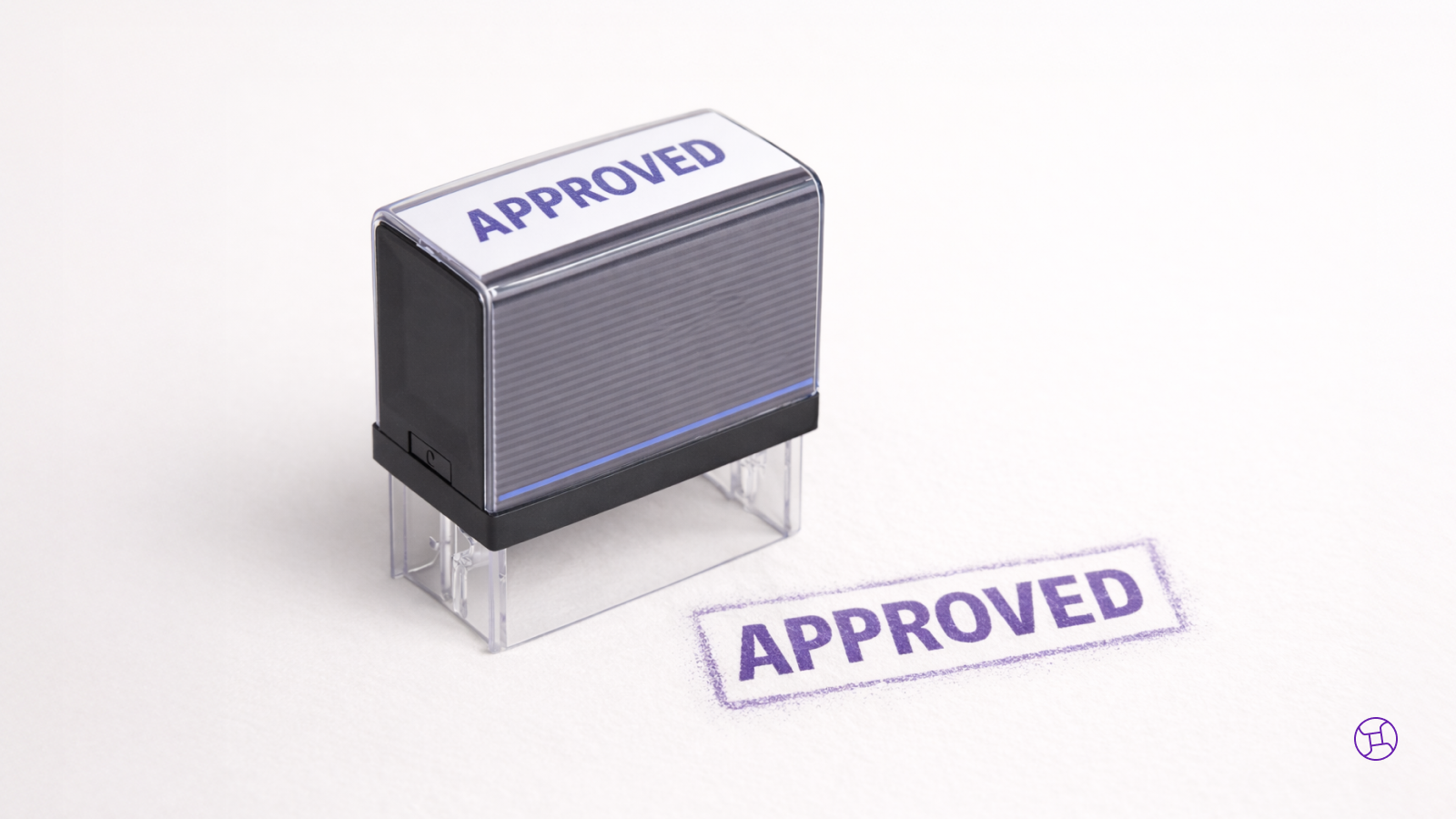If you’re the parent or carer of an autistic child, finding out that they’re being bullied at school can be really upsetting. Or you might suspect they’re being bullied but aren’t entirely sure.
The good news is, there are lots of things you can do to support your child, including creating a safe environment at home and working with your child’s school to manage the situation.
To help you through this process, we’ve put together an article that will explore signs your child might be being bullied, look at how bullying can affect them and what you and your child’s school can do to help.
How to know if your autistic child is being bullied at school
It can be hard to know for certain if your child is being bullied at school, especially if they aren’t able to communicate about it. It’s also possible that your child may not know they’re being bullied, or that they interpret something as bullying when it’s not. This can be due to autistic children taking things too literally or having difficulties reading social cues.
Bullying can have a serious impact on your child’s wellbeing, so it’s important to know the signs your child might be experiencing bullying, which include:
- A change in their eating or sleeping patterns
- Declining school performance or refusal to go to school
- Emotional changes such as crying a lot, having mood swings or seeming withdrawn
- Avoiding activities that they used to enjoy
Taking action against bullying as soon as possible will reduce the impact that it has on your child.
Talking to your child about bullying
Try to find out more about the bullying situation before communicating with your child’s school. Ask your child if any kids at school are mean to them, tease them or make them feel bad. If your child has difficulties with speech, you could try showing them photos or drawings that show bullying situations, and asking them if they experience them.
It’s possible that your autistic child has a strong desire to be included and doesn’t realise they are being bullied. Talk to your child about what friendship looks like, so they have more awareness of people’s intentions.
Autistic children can also confuse friendly teasing for bullying. You can teach them what friendly teasing is by role-playing different scenarios or drawing comic strips with stick figures to show what their peers might say or do to get their attention. Compare friendly teasing with bullying so they can get a better understanding and better identify their peers’ intent.
How schools can help with bullying
Schools can do a lot to help prevent and deal with bullying. Try setting up a meeting with your child’s teacher or school support staff to discuss what’s going on, and consider bringing along notes of what you’d like to say. These notes might include how the bullying affects your child and what they have told you about the situation.
Each school will have an anti-bullying plan and is legally obligated to do something about bullying when it happens. Some examples of these anti-bullying strategies include:
- Letting your child know which members of staff they can talk to about bullying
- Student training about bullying
- Providing your child with strategies to manage bullying
- A buddy system
- Supervised safe spaces that your child can go to if needed
- Support from a school psychologist or other staff member
Your child’s school’s website may also have information about their policies for managing bullying.
You should leave the meeting with a clear idea and plan of how you and your child’s school will manage the bullying situation.
What else you can do to support your child
It’s even more important than usual to create a caring and safe environment at home if your child is being bullied at school. You can support your child by letting them know that it’s not their fault they’re being bullied, and that you’ll always be there for them.
Once you have a plan with your child’s school, make sure your child knows what to do and where to go if they’re being bullied. You could write these steps on a card for them to carry with them if needed.
It can also be helpful for your child to talk to other people they trust about the bullying. Ask them who they feel comfortable talking to and help encourage these conversations.
Supporting your child through bullying can be really difficult at times, but you can make a real difference in your child’s life by supporting them and working with their school to improve the situation.

Hello You Autism Services reviewed this article. Their services are holistically tailored for the individual using evidence-based strategies. They deliver play-based early intervention according to the ESDM curriculum.
About our language
At Provider Choice, we’ve listened to feedback from the autistic community about using identity-first language when talking about autism. We acknowledge that on an individual level, this preference could be different.
Beyond the Label is a blog series that explores the real experiences and stories of the disability community in Australia. From dating and relationships to friendships, family, work, and caring for someone with a disability, we're covering it all. You can see more Beyond the Label stories here.
If you or a family member have a story to share, we’d love to hear from you. Feel free to reach out to our friendly team at hello@providerchoice.com.au

If you need support managing your NDIS plan, or questions about your NDIS Journey, we’re here to help. Click here for more information about our Plan Management services or get in touch with our team here.



